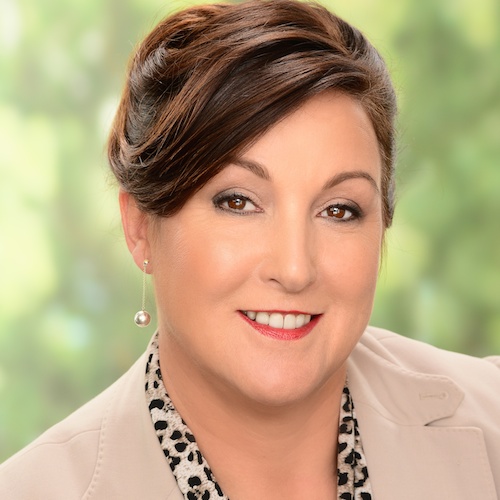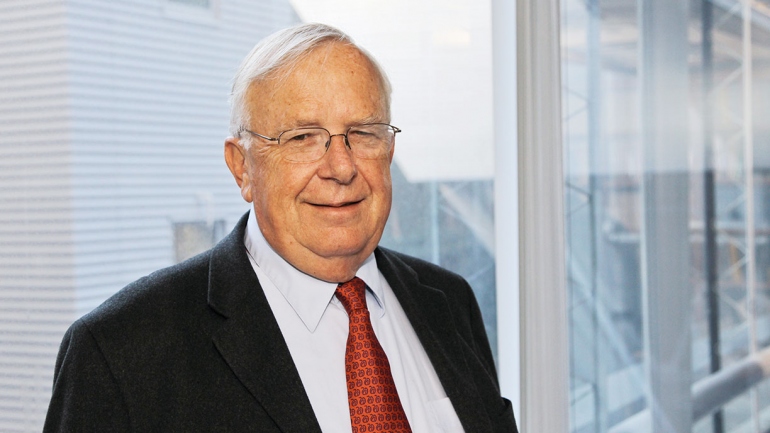Who we are
Our team on the ground has a diverse skill set to help:
Meet Our Co-Founders

Wendy Haigh
Following a successful professional business career in high tech, Wendy decided to follow her passion of helping children and young people in need which led to a leadership role at The Children’s Hospital at Westmead, then at Australia’s oldest charity, The Benevolent Society. There, a philanthropist funded studies demonstrating that particular forms of intensive brain training could ‘rescue’ most severely stressed children by building new neural pathways to reverse the toxic impacts of Adverse Childhood Experiences (ACEs) such as trauma, abuse and neglect. Those inspiring results changed her life and she is now focused on empowering ALL children and young people to develop their strongest brains for learning and for life.
To achieve that goal, Wendy co-founded Stronger Brains in Australia with one of the world’s leading neuroscientists, Dr Michael Merzenich. Stronger Brains is a registered charity with DGR (Deductible Gift Recipient) and PBI (Public Benevolent Institution) status. Stronger Brains has successfully worked with the Australian Government, Department of Social Services and demonstrated important evidence-based neuroplasticity studies in schools and TAFEs, among other pioneering works including child protection and juvenile justice training studies, targeting kids who, through no fault of their own, have had a difficult start in life.
Wendy is a Chartered Accountant, a Member of the Australian Institute of Company Directors and the Australian Harvard Women’s Association. She has served on the boards of various organisations and helped build the market in Australia for social impact investing, playing a key role in one of Australia’s first Social Benefit Bonds. She has held expert advisory roles to both the NSW Government, Office of Social Impact Investing and Impact Investing Australia. She has worked closely with Government Ministers at both a State and Federal level.
Michael Merzenich
Professor Michael Merzenich is a world-renowned neuroscientist and pioneer in neuroplasticity. He is a professor emeritus at the University of California, San Francisco where he led the cochlear implant team. In 1999 he was honoured by election into the United States National Academy of Sciences for his research on brain plasticity and in 2008 went on to be elected to the National Academy of Medicine, making him one of a very select few to have been elected to more than one of the National Academies.
Michael not only does the research but applies it to the real world. In collaboration with others, he formed the company Scientific Learning, based on Fast ForWord software. His second company, Posit Science, has developed a leading brain-training application, BrainHQ.
Michael is the author of ‘Soft-Wired’ and has published more than 200 articles. His work is often covered in the media, including The New York Times, The Wall Street Journal, Time and Newsweek and he makes regular appearances on television. In Australia his work was featured in the ABC documentary ‘Redesign My Brain’ with Todd Sampson.
In 2016 Michael won the prestigious Kavli Prize in Neuroscience for his ground-breaking work in discovering lifelong brain plasticity and applying its principles to improve the human condition.

Australian Scientific Advisory Board
Professor Ray Hayek (Chair)
Professor Ray Hayek is a prize-winning neuroscientist who leads the research initiative for Stronger Brains in Australia and works closely with other Stronger Brains neuroscientists around the world. Professor Hayek holds a PhD in Neuroscience and has held numerous teaching and leadership positions over the last 28 years including Director of Research, Foundation Director, Centre for Spinal and Medical Research and Executive Dean at the Australasian College of Health and Wellness. He served for many years on a range of Professional and Academic Boards and until recently led a large healthcare centre. He has published over 180 scientific papers and is a frequent speaker at local and international scientific conferences. He won the 2007 Invention Disclosure Prize for Electrical Stimulation for Spinal Cord Injury and the 2005 Innovation and Commercialisation Award for Telemedicine.
Dr Kathryn Currow
Dr Kathryn Currow is Founder and Managing Director of Taking Paediatrics Abroad and a passionate advocate for advancing the health and rights of children and young people globally. She is a Paediatric doctor, medical educator and leader with extensive experience in delivering child health education programs to doctors and health professionals both in Australia and in many countries around the world. For many years Dr Currow led the Sydney Child Health Program and is currently Vice President of the Commonwealth Association for Health and Disability.
Jonathan Salmon
Jonathan Salmon has successfully built multiple IT businesses. Having led his organisations through both the dot com bust and the GFC he now manages a portfolio providing technology, strategy and management expertise to organisations across the private and NFP sectors. His experience brings a deep understanding to the complexities and challenges involved in driving true transformation. Jonathan also has a passion for building people as well as businesses.
Dr Clive Summerfield
Dr Clive Summerfield has over 30 years’ experience in technology start-ups; innovations and technology research and development in speech and speaker recognition. He is responsible for key innovations in speech recognition and voice technology developments and behind some of the world’s largest and most successful speech recognition and voice biometrics deployments in banking, government, and telecommunications.
Professor Jan Carter
Professor Jan Carter has been a philanthropist, professor, social researcher, social worker, company director, policy analyst, writer and social activist. She has specialised in NGO governance, social program formation, operations and evaluation, social policy development and implementation and place-based philanthropy. Her chief interest is finding out “what works” both through assembling an authentic evidence base and experimenting with new social programs. She has a special interest in indigenous affairs, social policy, especially children’s policy, remedying social and economic disadvantage, and the arts (especially music, film, literature and poetry).
Dr Jyoti Mishra
Dr. Jyoti Mishra has expertise in computational, cognitive and translational neurosciences. Founder of the Neural Engineering & Translation (NEAT) Labs. She is pioneering direct brain response recording to document neurological corrections in children affected by ADHD, homelessness and poverty. Dr Mishra is Assistant Professor of Psychiatry at the University of California, San Diego.